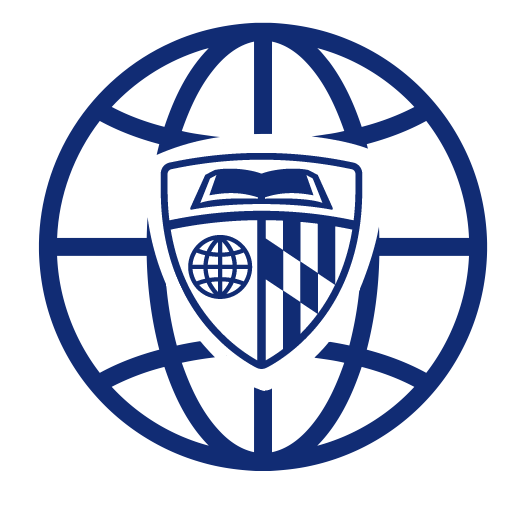By Jina Lim
On March 9th, South Koreans will vote for their next president. There are four major candidates that are vying to succeed the term-limited President Moon Jae-in. These four major candidates hail from the parties that occupy at least one seat in the National Assembly. The presidential campaign, however, is likely to come down to a battle between the liberal ruling Democratic Party and the conservative main opposition People Power Party. Here is what we know about the candidates and their plans for the next five years.
Democratic Party: Lee Jae-Myung
Lee Jae-Myung won the primary election of the Democratic Party, the party of the current president, in October 2021. Lee comes from a legal background, having worked as a civil rights attorney early in his career. He previously served as mayor of Seongnam then the governor of the Gyeonggi province. However, compared to others in his party, Lee’s political career is shorter. He also was not a part of South Korea’s democracy movement, whose leaders form the backbone of South Korea’s liberals today. Lee’s main supporters are younger Koreans who praised his leadership during the coronavirus pandemic as he offered financial support to local residents ahead of the central government.
His political and personal career, however, is mired by scandals. Lee has been linked to a land development scandal in Gyeonggi Province while he was governor. And more recently, he has come under fire for the contents of his phone calls with his late brother, which were filled with insults and for an extramarital affair with actress Kim Bu-Seon, which is under investigation.
People Power Party: Yoon Seok-Youl
Yoon Seok-Youl from the People Power Party is the candidate from the main opposition party. He is currently leading the polls, but by less than 10%, so there still remains a fair amount of uncertainty for the result of the election. Yoon was a former public prosecutor who then served as a prosecutor General of South Korea from 2019 to 2021. He was appointed to his position by President Moon and played a large part in the case against former President Park Geun Hye who was impeached. He is also known for cracking down on corruption among corporate leaders such as Samsung’s Vice Chairman, which has led to his rising popularity. Despite being appointed by President Moon, Yoon fell out of favour with the Moon government when he ordered an investigation into Cho Kuk, one of Moon’s closest aides and Yoon’s political opponent. The relationship hasn’t mended with Yoon threatening to launch a probe into the Moon government’s “deep-rooted corruption” if elected. Yoon has even less political experience than Lee, which makes some voters skeptical. Overall, Yoon and the party are popular among conservatives in Korea and those that want someone that will change things up moving forward.
And even as the leading candidate, Yoon does have some scandals surrounding him. Yoon has allegedly engaged in political meddling to lodge criminal complaints against several figures before the parliamentary elections while he was serving as prosecutor-general. His wife, an art curator, also obtained her graduate degrees with plagiarized papers and has threatened journalists with prison sentences.
How do Their Policies Differ?
The two candidates disagree on foreign policy, energy policy, and climate action. They also disagree on whether South Korea should pursue a seat at the Quadrilateral Security Dialogue (known as the Quad), composed of the United States, Japan, India, and Australia. Lee and the Democratic party tend to be more accommodating towards North Korea and China, seeing Pyongyang’s nuclear weapons program as the manifestation of the North Korean regime’s insecurity and political isolation. They are likely to support and continue the advancement of a peace declaration and inter-Korean economic and humanitarian projects. Lee specifically also has plans to reform family-run conglomerates and implement the Universal Basic Income in Korea; he implemented a trial run of UBI in Gyeonggi province as governor.
Yoon stated that he wants to restore constitutionalism and the principle of fairness that he says have been marred by the Moon administration. Overall, the People Power Party is more open to the U.S. and are skeptical of North Korea’s and China’s intentions. Yoon wants to strengthen economic cooperation with the U.S., raise global investment, improve the climate, and have positive stances towards diversity and inclusion. This election is shaping up to be a contest between two candidates with similar levels of support as well as disappointment and criticism. For the first time, with both of the candidates having no experience in the National Assembly, it is reasonable to expect visible differences in the handling of the upcoming administration, leading to large domestic and international impacts from the change.
Jina Lim is a freshman majoring in International Studies at Johns Hopkins University. She is originally from Portland, Oregon, and is part of the editorial team of the Hopkins Podcast of Foreign Affairs.


Howdy! This article could not be written any better! Looking at this article reminds me of my previous roommate! He constantly kept talking about this. I’ll forward this post to him. Fairly certain he’ll have a very good read. Thank you for sharing!
LikeLike
Spot on with this write-up, I honestly believe that this web site needs far more attention. I’ll probably be returning to see more, thanks for the information!
LikeLike
This is the right site for anybody who wishes to understand this topic. You know a whole lot its almost hard to argue with you (not that I actually will need to…HaHa). You certainly put a brand new spin on a topic which has been written about for decades. Wonderful stuff, just excellent!
LikeLike
Hello! I just want to give you a huge thumbs up for the great info you have got here on this post. I will be coming back to your website for more soon.
LikeLike